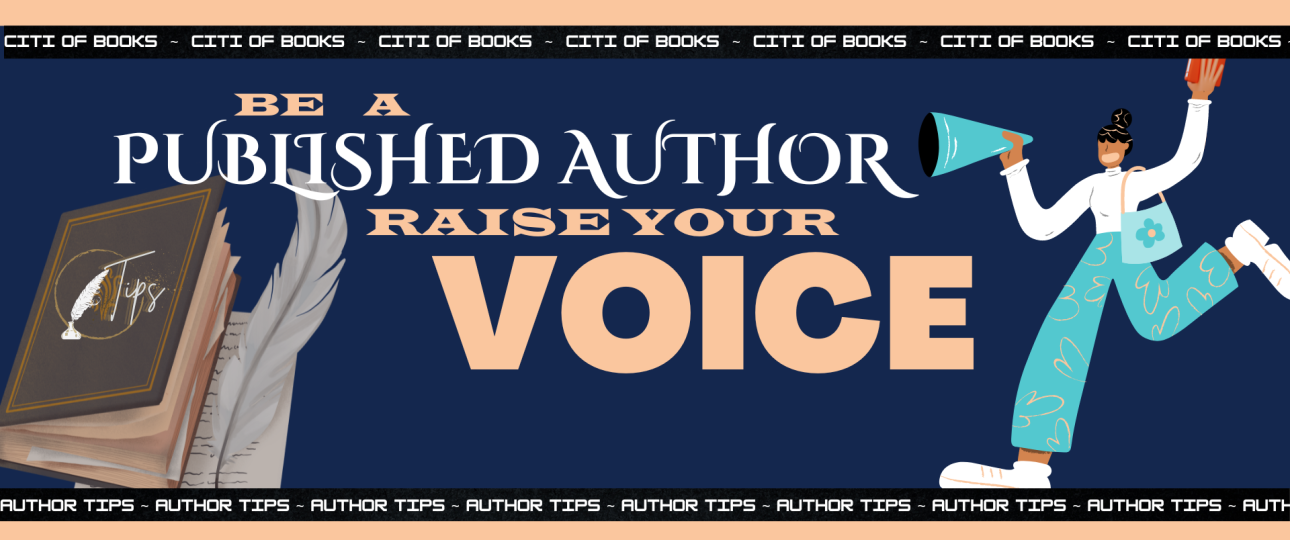In the city of Harrisburg, where the air was thick with the weight of unspoken fears, there lived a young aspirant writer named Chantal. Chantal is a lady of few means, earning her living by transcribing letters and documents for the city’s wealthy merchants. But her true passion lay in writing stories—stories that captured the beauty of a world she longed to see but had only ever imagined.
Harrisburg was ruled by Lord Zade, a cold and intimidating ruler who maintained his control through fear and manipulation. The city’s people were burdened with oppressive taxes, and any sort of opposition was dealt with fast and harsh punishment. Freedom of expression was a luxury that no one could afford, and even the slightest whisper of rebellion could lead to imprisonment or worse. Despite the dangers, Chantal’s heart craves change. She saw the suffering of his fellow citizens, the way they struggled through their days keeping their heads down, too afraid to speak out. Chantal always believed that the pen was mightier than a sword, but she also knew that words could have dangerous consequences.
One night, Chantal was unable to sleep, she sat at her desk with the moonlight casting long shadows across the room. She dipped his quill into the ink and began to write. What started as few words soon became a flood, as Chantal poured all her frustrations and hope into each page.
She wrote a story of a distant land called Scranton, where a wise and just ruler named Queen Eloria led her people with compassion and respect. There, the citizens were free to speak their minds, to create, to innovate, and to live without fear of oppression. Chantal compared this paradise with the miserable reality of Harrisburg.
Chantal finished her story as dawn began to break. She knew that this story could never be published openly, but she also knew that it had to be shared. She made several copies of the manuscript, each one carefully handwritten, and entrusted them to a few trusted friends who shared the same desire for change.
The story she wrote began to spread, passed from hand to hand, read in secret and discussed in quiet corners of the city. As more people read Chantal’s words, a spark of hope began to stir within them, wanting the same freedom that had been so vividly portrayed in her tale.
Rumors of the story eventually reached Lord Zade, who was furious at the idea of such a dangerous narrative circulating among his subjects. He ordered his guards to hunt down the author and destroy every copy of the manuscript. But the story had already taken root in the hearts of the people, and no amount of force could erase it.
Chantal walked the narrow streets of Harrisburg, when she was suddenly seized by the city guards. She was brought before Lord Varrick, who demanded to know if she was the author of the spreading story. Chantal, though terrified, refused to answer. She knew that admitting to writing the story would lead her to her death, but she also knew that denying it would betray everything she’s fighting for. Lord Zade ordered imprisoned Chantal, intending to make her as an example to never betray the authorities. But her capture only fueled the emotions of the citizens. The people were inspired by her story and began to plan to protest. Small acts of rebelling multiplied, and the whispers for justice started growing too loud for Lord Zade to ignore.
Chantal remained in her dirty cell, unaware of the growing resistance outside. But she held on to the faith that her words will make a difference. Then, one night, the sound of clashing steel and shouts echoed through the city. The citizens’ rebellion began in force, driven by the dream of freedom, they fought with courage they never known they had.
It ended up in a fierce and bloody battle, but in the end, the citizens won. Lord Zade was uncrowned, and the gates of the city were thrown open. Chantal was freed from prison and was hailed as a hero, though she had never thought of such a title.
The new leaders of Harrisburg, chosen by the people, vowed to rebuild the city on the principles of freedom and justice, inspired by the ideals in Chantal’s story. Chantal continued to write, but now her stories were no longer confined to the shadows. Her words became a beacon of hope, a reminder that even in the darkest of times, the fire of freedom could never be blown out.
And so, the voice of Chantal lived on, not just in the pages of a book, but in the hearts of the people of Harrisburg.
To raise an author’s voice is to advocate that one can share their ideas, emotions, and stories without censorship. Free to narrate their narrative. Encouraging readers and co-authors to write and to inspire through their words as well. It leaves a lasting imprint, ensuring that one’s thoughts, stories, and beliefs resonate beyond the confines of the self and continue to impact others.
Writing a book is like creating a portal that allows readers to travel to various times and places visually. Much the same as an architect would have a special design style, incredible authors build up their own way of composing that turns into their unique method of recounting a story or imparting a thought with their voices.
In wishing to create a published literary work and be a published author, you need an interesting composing style that is unique to you. Follow these overall rules to help you find that style and build up your composing voice:
- Be unique.
Focus on the point you are trying to convey and express it in a way that only you can. Avoid using clichés; they imply that you lack creativity and imagination and suggest that you have nothing else to write about. Choose words that express who you are as well as the audience you are writing for.
- Embrace your perspective and write fearlessly.
Your voice is a blend of your ideas, feelings, and experiences; allow it to come through what you say. Don’t be afraid to explore your interests, hobbies, and the topics that really speak on behalf of you.
- Write with vulnerability.
The willingness to dive into the core of human experience, even the embarrassing and unsaid, is frequently the source of masterpieces. Give yourself permission to be honest on paper, even if it means facing up to embarrassing realities about yourself or questioning societal norms.
- Instead of trying to fit into existing molds or trends, celebrate the aspects of your identity and creativity that make you different.
Incorporate your own ideas, personal hobbies, and unique tales into your job. Your unique voice is an asset. You’ll construct something genuinely unique and valuable once you do this. When you trust your creative impulses, you give yourself the freedom to craft something that is not only unique but also deeply personal and impactful.
Let your voice as an author be heard. Showcase your creativity and be a published author with Citi of Books now!


2 Comments
It agree, it is an excellent idea
I join. All above told the truth.